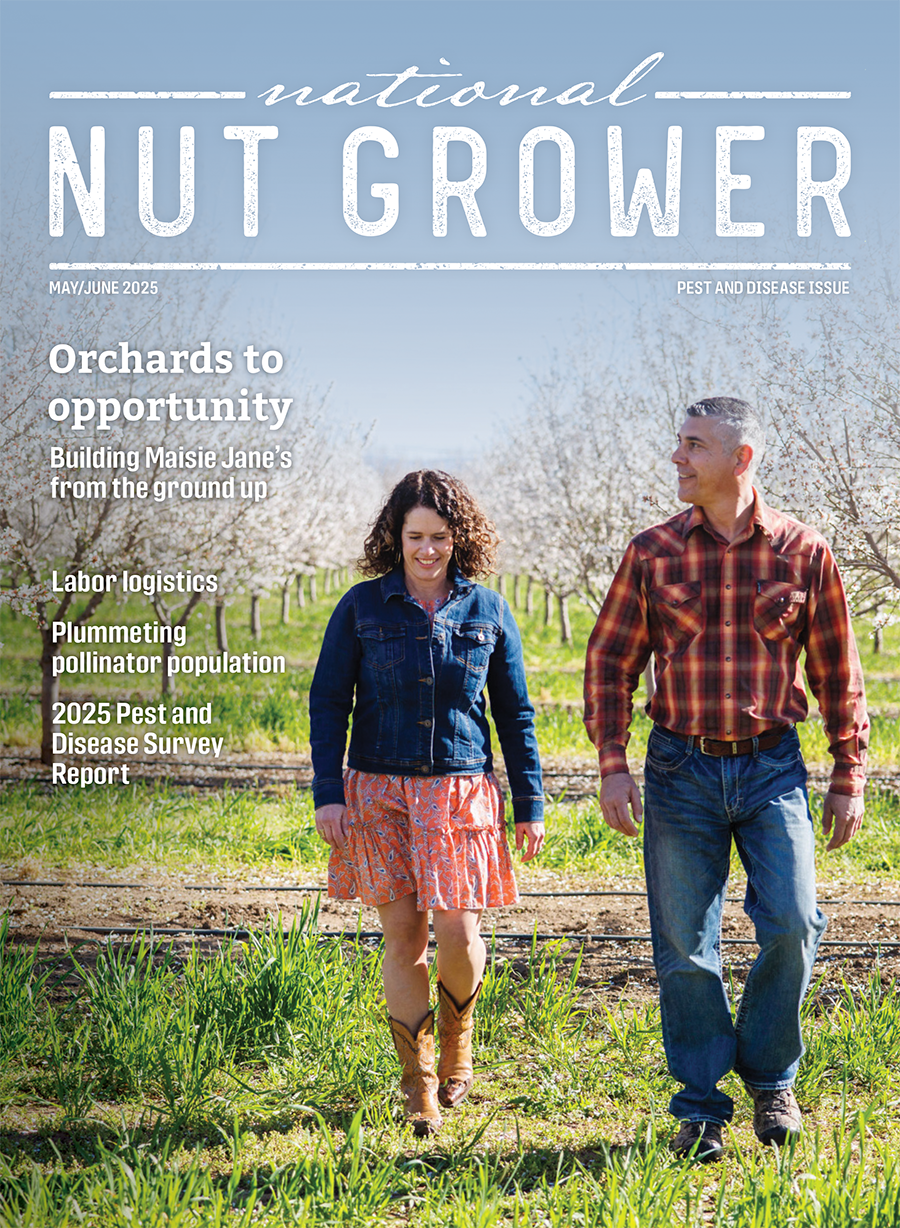May 3, 2024Georgia group comments on H-2A rules, farm bill
The Georgia Fruit and Vegetable Growers Association (GFVGA) is weighing in on the Department of Labor’s H-2A rules and the 2024 farm bill legislation.
The U.S. Department of Labor (DOL) rules further threaten the viability of the H-2A program, according to a GFVGA newsletter:
“Last week, the United States Department of Labor (DOL) published the final rule, “Federal Register: Improving Protections for Workers in Temporary Agricultural Employment in the United States,” effective on June 28, 2024.
“According to DOL, the new rule targets abusive working conditions experienced by H-2A temporary ag workers. The rule will take effect on June 28 and apply to H-2A applications filed on or after August 29.

“The rule seemingly ignores previous rulings from the U.S. Supreme Court that found that a regulation providing union activists access to farms and ranches was an unconstitutional per se physical taking under the Fifth and Fourteenth Amendments. Among other concerning overreaches, the new rules would allow H-2A workers to be visited by labor union representatives while on the farm.
“While there are multiple ongoing lawsuits challenging portions of H-2A rules, GFVGA feels that additional challenges to the latest rule publication are likely. GFVGA is considering all legal and legislative paths to prevent these rules from making the program unusable for Georgia growers.
May 1 saw significant developments on the much-anticipated 2024 farm bill, according to the release. Senate Agriculture Committee Chairwoman Debbie Stabenow (D-MI) released her section-by-section summary of Senate Democrat Farm Bill priorities and proposals while House Agriculture Committee Chairman G.T. Thompson (R-PA) released a title-by-title overview of the House Republican proposed policies and priorities. He also announced that the House would markup Farm Bill text in Committee on May 23.
“While still reviewing details of the proposals, GFVGA is disappointed in the lack of action directed at leveling the playing field for US producers who face continued challenges from cheap imports,” according to the release. “Current trade and labor policies severely hinder Georgia growers’ ability to compete with surging imports that are often sold into U.S. markets at or below our growers’ cost of production. While there are solid provisions included in the bill for specialty crop growers, a failure to address the competitive disadvantage mandated on U.S. growers through regulations and high wages means these additional programs may be too little too late for Georgia growers.”
Read the full report here.









